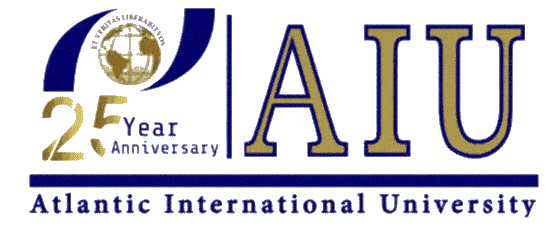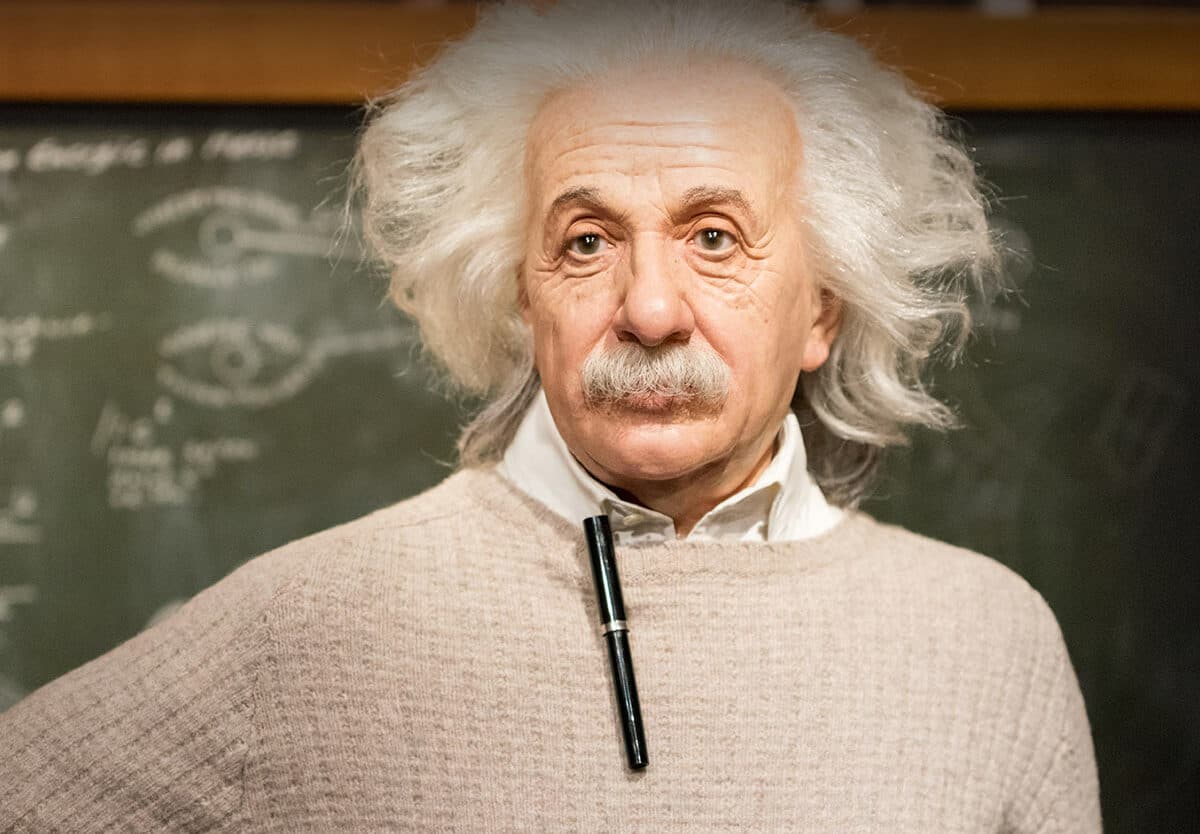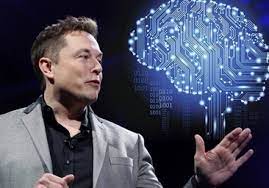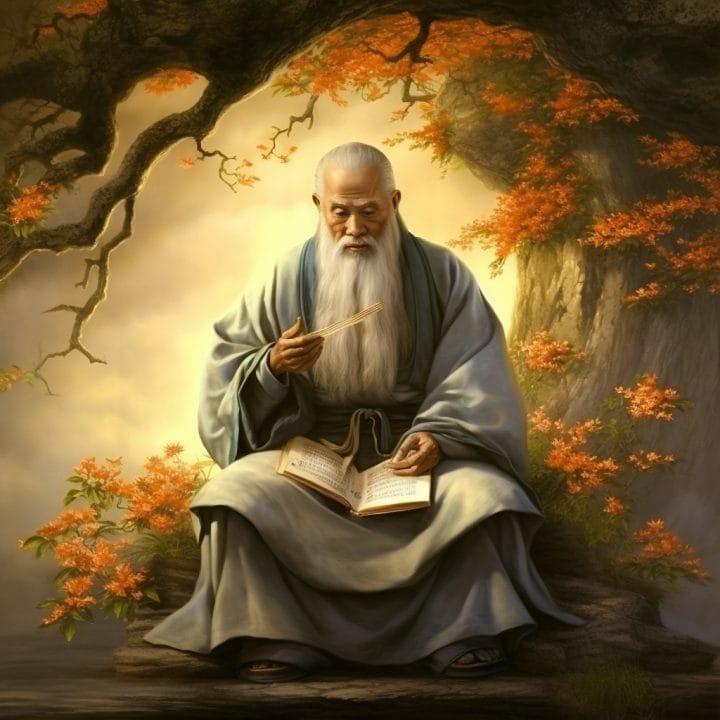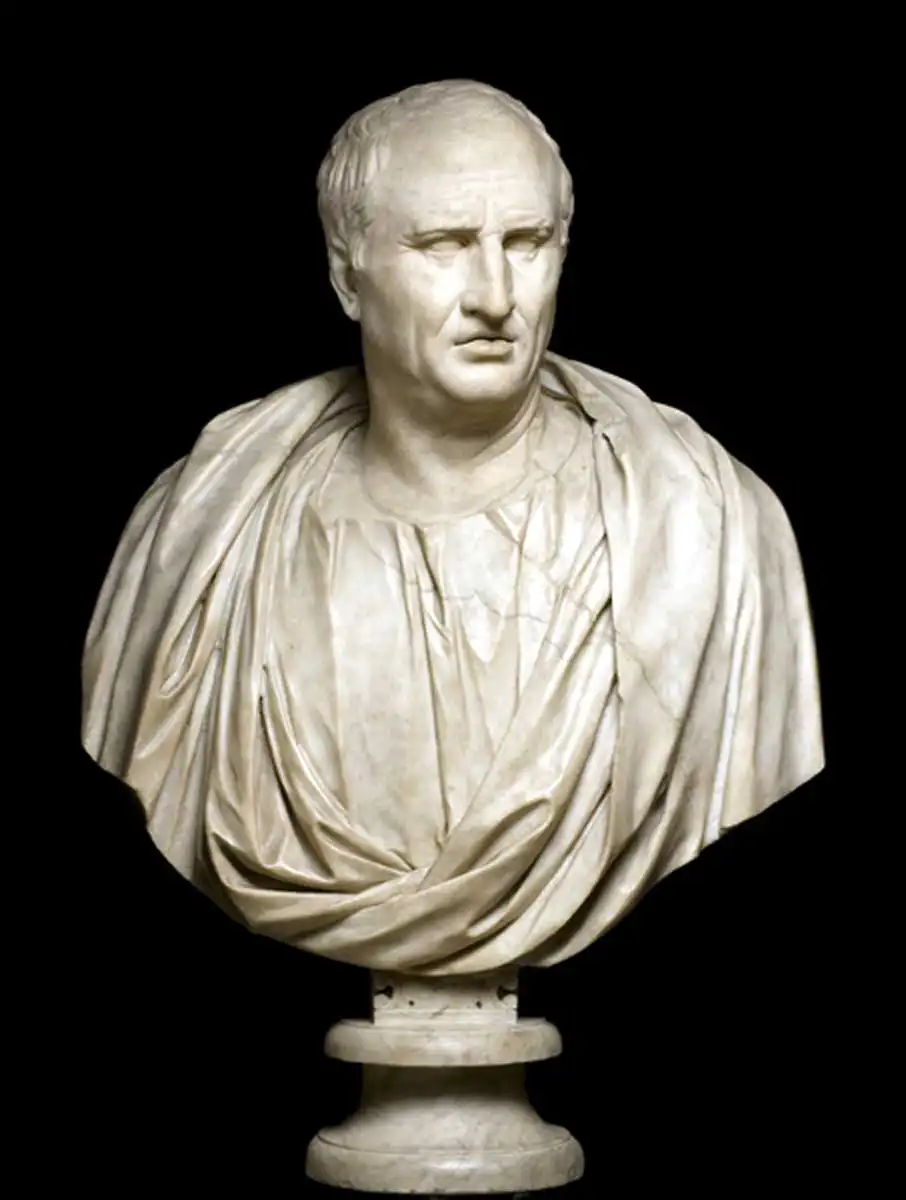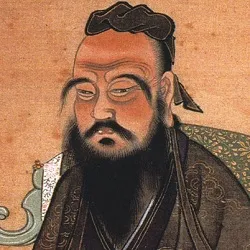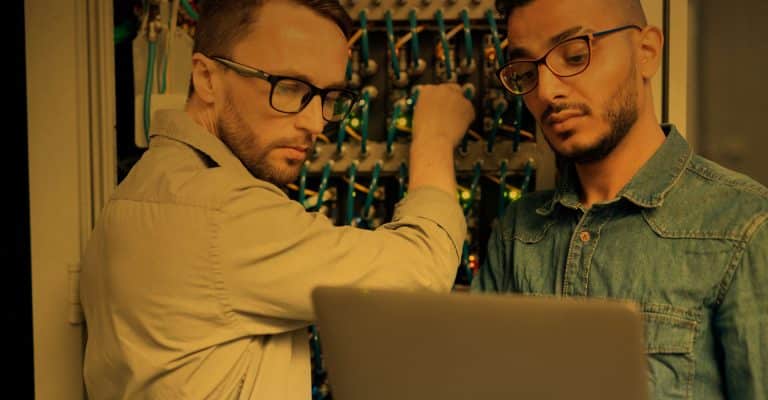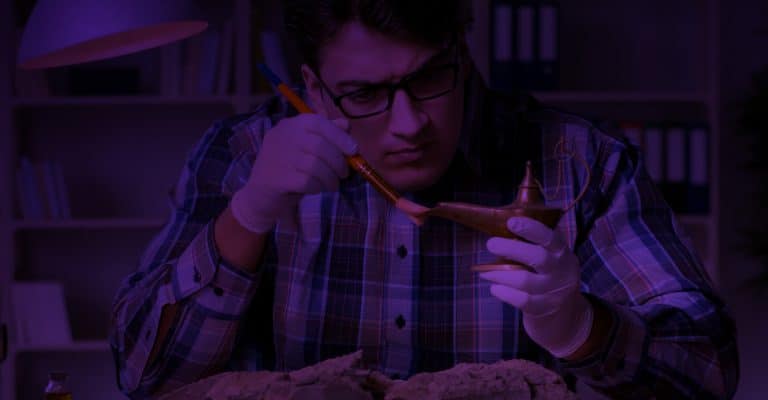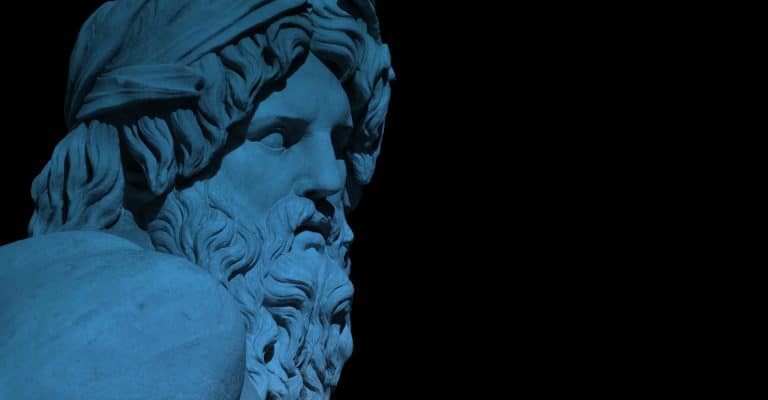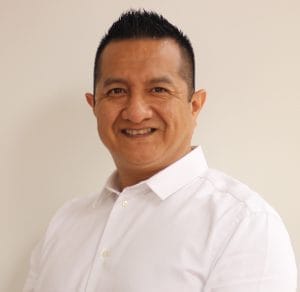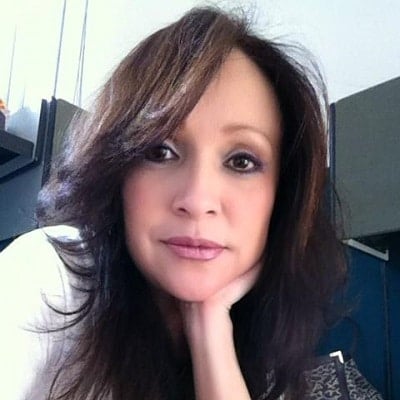Because of constraints such as teaching/learning time, content, age of students/children, and size of classes, pedagogic teaching is a “forced learning” that permits mass education to standardized norms. It does not address special needs, intuitive learning, or creativity. It removes the designer from the creative process, and it does not fuel inventiveness. Thus traditional pedagogic learning does not promote going beyond existing realms of knowledge. To exceed existing knowledge basis, learning must evolve to andragogy and self-directed education. Self-education was the basis of great inventors, who exceeded the constraints and dared to hypothesize new theories. AIU promotes an andragogic environment that is accepting of difference and rewards self-motivation, independent and creative thinking. Throughout my four years of study, AIU supported my academic endeavours through flexibility of timelines to account for my professional and personal responsibilities including full-time employment and raising a family.
While most students pursue higher learning for employment and financial gain, I was motivated by the goal of self- actualization – to be the best that I can be. AIU provided a learning environment that recognizes diverse reasons for higher education, and life-long learning. My experience with AIU has confirmed the adage, “When we are learning we create history. When we stop learning, we become history.”
My recommendation for new students is not to take lightly the assignments of Phase I, particularly the Fundamentals of Knowledge (Integration Chart of the Guarantee of an Academic Degree) and the Philosophy of Education. These two assignments are student’s foundations for the approach to andragogic learning and in truth, define the student’s personality and strengths as well as the ultimate goals of study.
I would also recommend that as studies progress through the phases, it is important to refer back to these original assignments to understand personal growth as a result of the AIU experience and how the original goals, educational track, dominant departments, emphasis and specialties have evolved.
In Phase I of my studies with AIU, I identified several objectives including growth in: personal and social education, methodology and instrumental education, scientific education, management and economics. On completion of my studies, I have a better understanding of the significance of culture and heritage of different peoples, barriers to indigenous self-development including low literacy, poverty and isolation, gender based violence and lack of personal security, and exclusion from the world of e-technologies and globalization. I learned about the indomitable nature and resilience of people. I broadened my understanding of adult teaching techniques, the importance of informal training methods and use of pictograms in regions of low literacy. In management and economics, I learned about differences in the requirements for urban vs. rural development. I also learned the mechanics and evolution of working business plans, application for international development programmes, protection of intellectual property, and the passion of the entrepreneurial spirit. I expanded my knowledge on international packaging and labelling regulations, advertising, and health claims. I increased my knowledge on the social and economic impacts of consumption market exchange of non-traditional agricultural exports vs. production-driven domestic markets. In science, I learned about pluralism of medicinal practices in third- and fourth-world regions. I advanced my knowledge in food and agricultural sciences beyond a North American industrial perspective to understand the cultural significance of holistic healing, naturopathy and traditional medicinal plants. I developed the tools for a sustainable co-operative of traditional medicines including a database of traditional medicinal plants, associated standard operating practices and good manufacturing practices, monographs on safety, posology. I also increased my knowledge on the impact of variables in agricultural practices and commercial viability. Finally I discovered that my new knowledge and the resulting dissertation are transferable from the region of the original study to other regions in other countries with similar climates, geography, and histories.
In conclusion, my experience with AIU has validated my belief of the relationship of man within a community and his environment, “No man is an island, entire of itself. Every man is a piece of the continent, a part of the main. If a clod be washed away by the sea, Europe is the less as well as if a promontory were, as well as if a manor of thy friends or of thine own were. Any man’s death diminishes me, because I am involved in mankind, and therefore never send to know for whom the bell tolls. It tolls for thee.” (John Donne, 17th Century)
